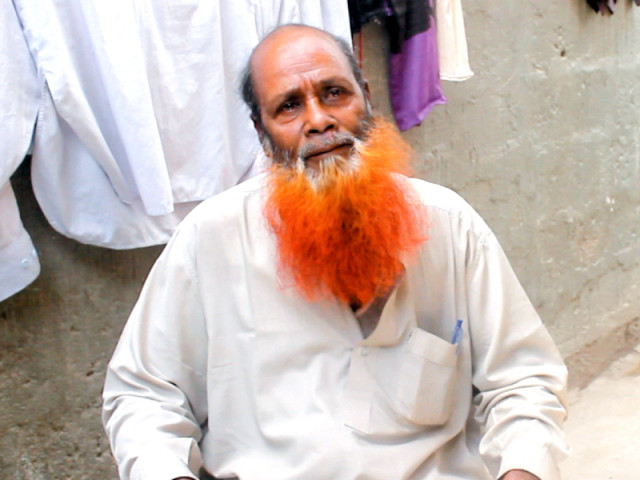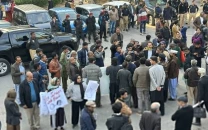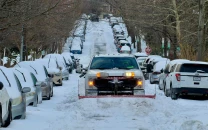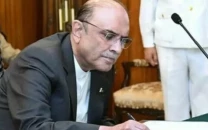Identity crisis: ‘I was born here, live here and work here. Why can’t I vote?’
Bengalis living in Pakistan exist in a legal no-man’s land.

Abdul Salam has been trying to obtain an NIC for the past 4 years. PHOTO: EXPRESS
“I am 23 years old. This means I am eligible to vote. But I can’t because I don’t have a Pakistani NIC,” says Saifullah, a resident of Mehran Town. Born to Bengali-origin parents who migrated to Pakistan before the 1971 war, Saifullah considers himself a Pakistani, but the law states otherwise.
According to the Pakistan Immigration Act, 1951 (which was later amended to make provisions for Kashmir and East Pakistan), any Pakistani citizens residing in East Pakistan would lose their citizenship if they were not present within the territories of West Pakistan on 16th December 1971, unless granted a certificate by the Federal government stating otherwise. Therefore, according to the law, Saifullah and thousands like him are foreigners who are required to apply to the Interior Ministry for a Pakistani citizenship.
This is the fate of the nearly 2 million strong Bengali-speaking population of Pakistan. Despite their numbers, the issue of citizenship for Bengalis has not seen a solution. Their illegal immigrant status often prevents them from getting a decent education, health care, securing upper-tier jobs and participating in the electoral process.
While some use connections and illegal means to secure identity cards and cast votes, there is little hope for people like 22-year-old Abdul-Salam who believes casting a vote is his basic right, but refuses to resort to short-cuts.
“If I was born here, live here and work here, I don’t understand why I am not allowed to vote,” says Salam. He claims he has been to the NADRA office many times, but to no avail.
“Sometimes they ask us for our parents’ ID cards. If they are dead, they ask for death certificates. My parents are uneducated and don’t have any documents. What am I supposed to do?” he asks.
However, according to Nayab Hassan, Deputy Director for National Alien Registration Authority (NARA), the expectation of being granted a Pakistani NIC because they were born here or have lived here for decades is incorrect.
Hassan says the communities should get themselves registered with NARA, which exempts them from punishments under the Foreigners Act and protects them from undue harassment from state agencies. The NARA card also gives them legal status; allowing them to open bank accounts and so on. NARA also issues work permits to migrants seeking employment.
“Instead of protesting and applying for NICs, they need to apply for NARA cards first, which at least guarantee them a basic standard of living. But there are fears of being arrested and deported which prevent them from doing so,” he said. According to Hassan, only 80,000-90,000 Bengalis have a NARA card at the moment.
But most Bengali immigrants view NARA with great suspicion. According to Saifullah, having a NARA card also made you an easy target for exploitation by authorities and crushed the dream of being a legal Pakistani citizen forever.
“If you have a NARA card, they know you are a foreigner. It gives them a reason to pick us up and lock us in cells until we pay them,” he said.
They hope for a government that prioritises their dilemma. “If I can’t vote, I can at least pray that the next government understands our problems. Pakistan is our country and we are not going anywhere, we are only waiting for a leader who realises that,” said Salam.
Published in The Express Tribune, April 13th, 2013.



















COMMENTS
Comments are moderated and generally will be posted if they are on-topic and not abusive.
For more information, please see our Comments FAQ